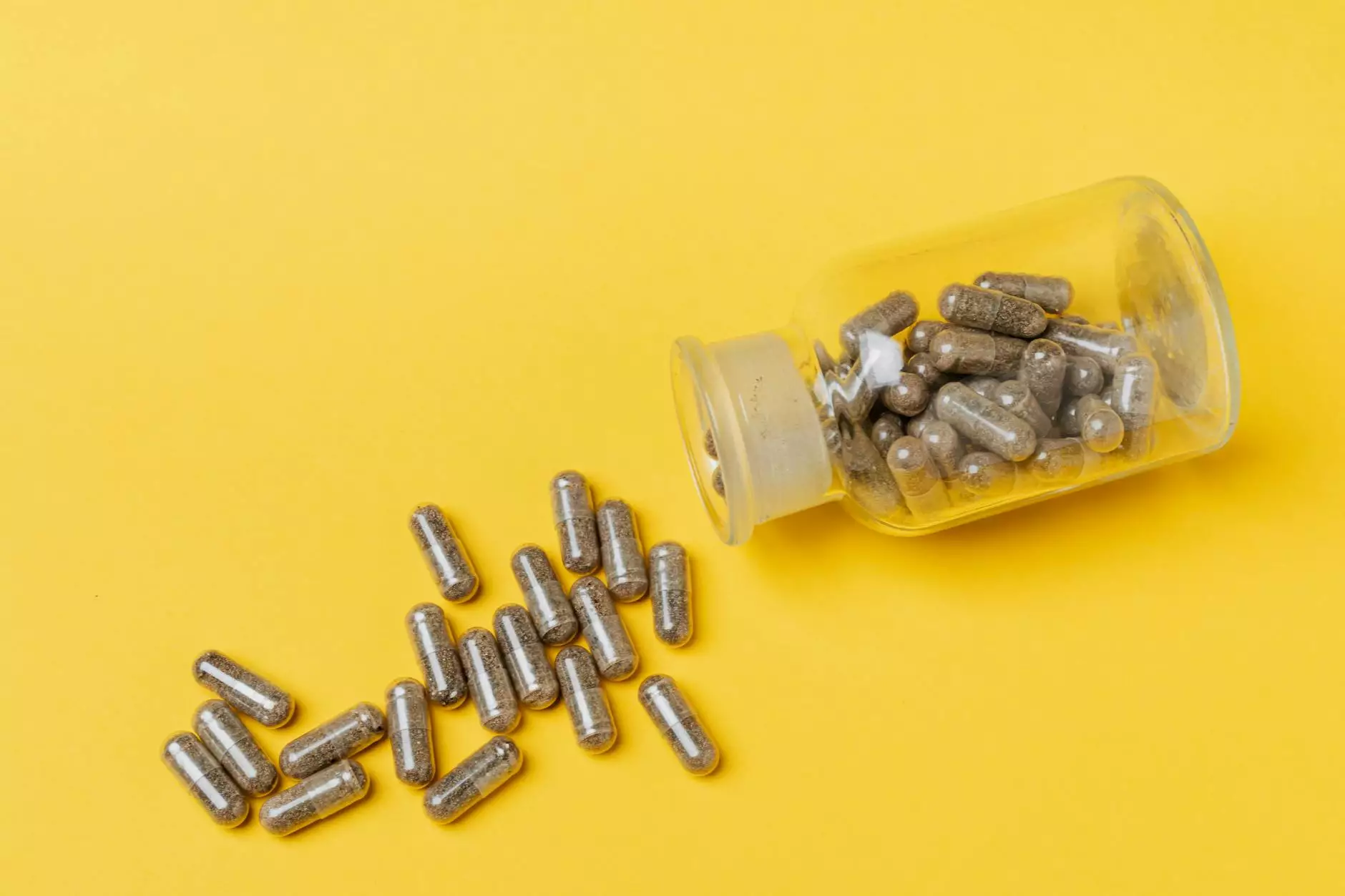Ultimate Guide to Horse Oral Antibiotics: Ensuring Your Horse's Health

In the world of equine care, understanding the proper use of horse oral antibiotics is crucial for maintaining the health and well-being of your cherished equine companions. These medications play an essential role in treating bacterial infections, ensuring that your horse remains healthy and fit for work, competition, or leisure. In this comprehensive guide, we will explore everything you need to know about horse oral antibiotics, including their types, administration, benefits, and much more.
What Are Horse Oral Antibiotics?
Horse oral antibiotics are a class of medications designed to combat bacterial infections in horses. They work by interfering with the bacteria's ability to grow and reproduce, ultimately leading to the elimination of the infection. Administered orally, these antibiotics are often preferred due to ease of use and convenience, especially in large animal veterinary care.
Common Types of Horse Oral Antibiotics
There are several types of oral antibiotics used in equine medicine. Each one has specific applications based on the type of bacteria they target. Here are some commonly used horse oral antibiotics:
- Penicillin: One of the oldest antibiotics, penicillin is effective against a wide range of Gram-positive bacteria.
- Oxytetracycline: This broad-spectrum antibiotic is often used for respiratory infections and other bacterial diseases in horses.
- Trimethoprim-Sulfa: A combination antibiotic effective against various bacterial infections, often used for treating urinary tract infections.
- Cephalosporins: Another broad-spectrum antibiotic, cephalosporins are especially useful for skin and soft tissue infections.
- Doxycycline: This medication is particularly effective against certain bacteria and is often used for Lyme disease in horses.
When Are Horse Oral Antibiotics Needed?
Administering horse oral antibiotics should always be based on a veterinary recommendation. These medications are indicated in several situations, including:
- Bacterial Infections: If a horse presents symptoms of a bacterial infection, such as fever, swelling, or discharge, antibiotics may be necessary.
- Respiratory Issues: Horses often suffer from respiratory infections, such as pneumonia, which may require the use of oral antibiotics.
- Wounds and Injuries: Open wounds can become infected, necessitating antibiotic treatment to prevent complications.
- Post-Surgical Care: Following surgical procedures, antibiotics may be prescribed to prevent infections.
- Urinary Tract Infections: Equines can experience urinary tract issues that may require antibiotic therapy.
How to Administer Horse Oral Antibiotics
Proper administration of horse oral antibiotics is essential to ensure effectiveness and reduce the risk of side effects. Here are some guidelines to follow:
Dosage and Administration
1. Follow Veterinary Advice: Always adhere to the dosage prescribed by your veterinarian. Overdosing can lead to adverse effects, while underdosing may result in treatment failure.
2. Use a Syringe for Liquid Medications: For liquid formulations, use a syringe to administer the antibiotic directly into the horse's mouth, ensuring they swallow it.
3. Mixing with Feed: Some antibiotics can be mixed with feed or treats, making it easier for your horse to ingest. However, ensure the horse consumes the entire portion to receive the full dosage.
Monitoring Your Horse
After administering horse oral antibiotics, keep a close watch on your horse for any adverse reactions or improvements in their condition. Signs to monitor include:
- Improvement in Symptoms: Look for a decrease in fever, swelling, and discomfort.
- Side Effects: Be alert for gastrointestinal upset, changes in appetite, or unusual behavior, which may indicate a negative reaction to the medication.
Benefits of Using Horse Oral Antibiotics
The use of horse oral antibiotics provides numerous benefits, not only for the horse but also for the owner and the overall equine care industry:
- Effective Treatment: Oral antibiotics are highly effective at targeting bacterial infections, leading to quicker recovery times.
- Convenience: Being easy to administer, these medications allow for at-home care, reducing the need for frequent vet visits.
- Cost-Effective: Oral antibiotics are often more affordable than other forms of medication or treatment.
- Wide Availability: Many horse oral antibiotics are readily available through veterinary pharmacies, making them accessible for equine caretakers.
Potential Side Effects of Horse Oral Antibiotics
While horse oral antibiotics are generally safe when used correctly, they can cause side effects. It's essential to be aware of potential issues:
- Gastrointestinal Disturbances: Some horses may experience diarrhea or colic when taking antibiotics.
- Allergic Reactions: Rarely, a horse may be allergic to specific antibiotics; watch for swelling, hives, or difficulty breathing.
- Antibiotic Resistance: Overuse or misuse can lead to antibiotic resistance, making infections harder to treat in the future.
Conclusion: The Importance of Responsible Use of Horse Oral Antibiotics
In conclusion, horse oral antibiotics are a vital part of equine veterinary medicine. When used appropriately, they can be lifesaving for horses suffering from bacterial infections and complications. At racehorsemedcare.com, we emphasize the importance of working closely with a veterinarian to determine the best treatment plan for your horse. Always prioritize your horse's health and well-being by understanding the benefits and risks associated with antibiotic use.
By equipping yourself with knowledge and ensuring proper administration, you can help your equine companion achieve a faster recovery and maintain optimal health. Remember: a healthy horse is a happy horse!









